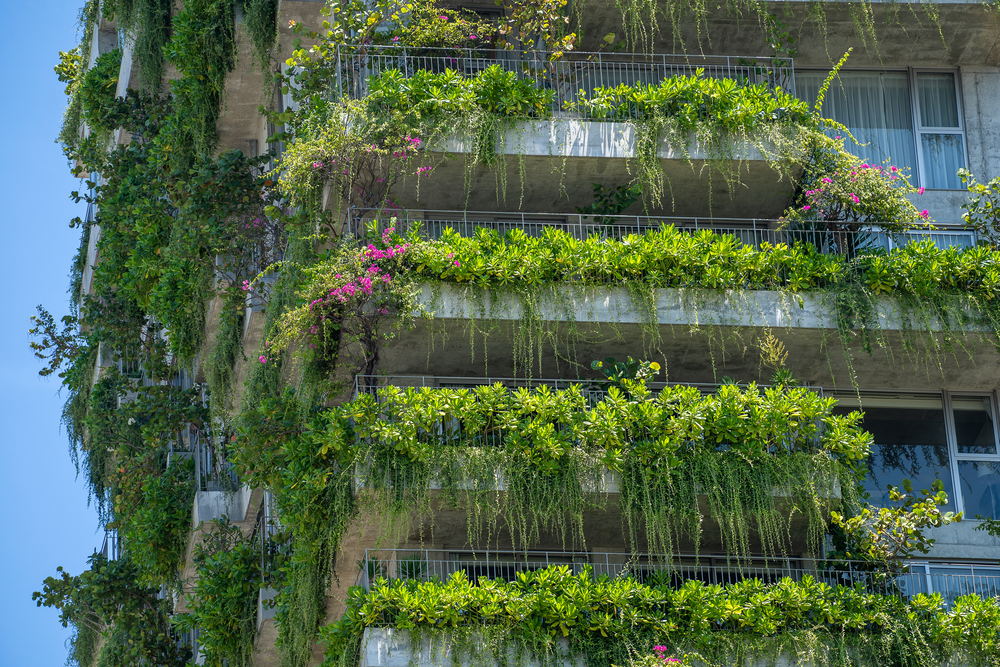Vietnam pushing sustainable industrialisation with “Eco-industrial Park Intervention”
Vietnam propels to boost industries’ environment, social, and economic performance via “Eco-industrial Park Intervention” project

On November 20th, the United Nations Industrial Development Organisation (UNIDO) and the Ministry of Planning and Investment (MPI) initiated the “Eco-industrial Park Intervention in Vietnam – Perspective from the Global Eco-Industrial Parks Programme” project in Ho Chi Minh City. Not only will it contribute to the development of sustainable industrialisation, but it will also pave the way for better regulations and policies on the environment and industries of Vietnam, reported Vietnam Investment Review.
For many years, Vietnam’s socio-economic development has been supported by industrial parks, but various environmental challenges have emerged. Hence, the country requires a more sustainable model that aligns with commitments to achieve the UN Strategic Development Goals by 2030, the National Strategy for Green Growth, and the Paris Agreement on Climate Change.
The first eco-industrial park project launched in 2014 to 2019, which implemented solutions for cleaner and resource-efficient production. Results were outstanding, such as reducing nearly 3,600 tonnes of waste and chemical, and more significantly, 32 kilotons of CO2 emissions were avoided every year.
This project is a continuation from the success of the pilot launch, but it will also become the foundation in developing replicates of this model across Vietnam in the near future.
More: Vietnam real estate market turn to digital solutions to capture investors
The eco-industrial parks (EIP) project will be developed all through 36 months in five cities and provinces, including Hanoi, Ho Chi Minh City, Can Tho, Danang, Haiphong, and Dong Nai. The development has a budget of over USD1.8 million, with USD1.6 million granted by the Swiss State Secretariat for Economic Affairs (SECO) under the Government of Switzerland. The MPI also co-funded, financing USD138,000.
The initiative will carry out interventions for transforming industrial parks, as well as revamp instructions and policies for implementing EPIs.
This model will significantly reform Vietnam’s industrial development, while also preserving the environment via energy and resource efficiency.
Recommended
Why everyone is moving to Selangor and Johor: Malaysia’s real estate comeback
Malaysia’s upturn in fortunes is especially prevalent in secondary destinations such as Selangor and Johor
Penang’s silicon boom: How the US-China tech war is supercharging local real estate
Penang’s booming semiconductor industry has created ripples within the local real estate sector
New leader, new opportunities: How Hun Manet is shaking up Cambodia’s real estate game
Hun Manet is overseeing decent economic growth and widening access to the country’s real estate market for foreigners
Singapore embraces inclusive housing reforms amid resilient demand
The Lion City’s regulatory strength continues to exert appeal for international investors








